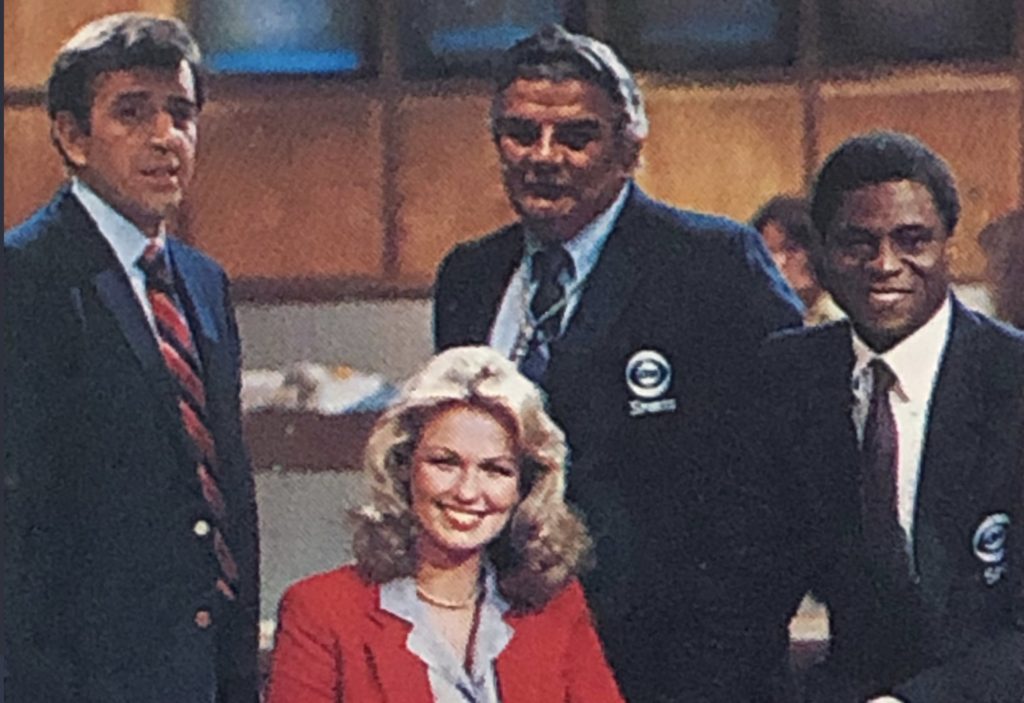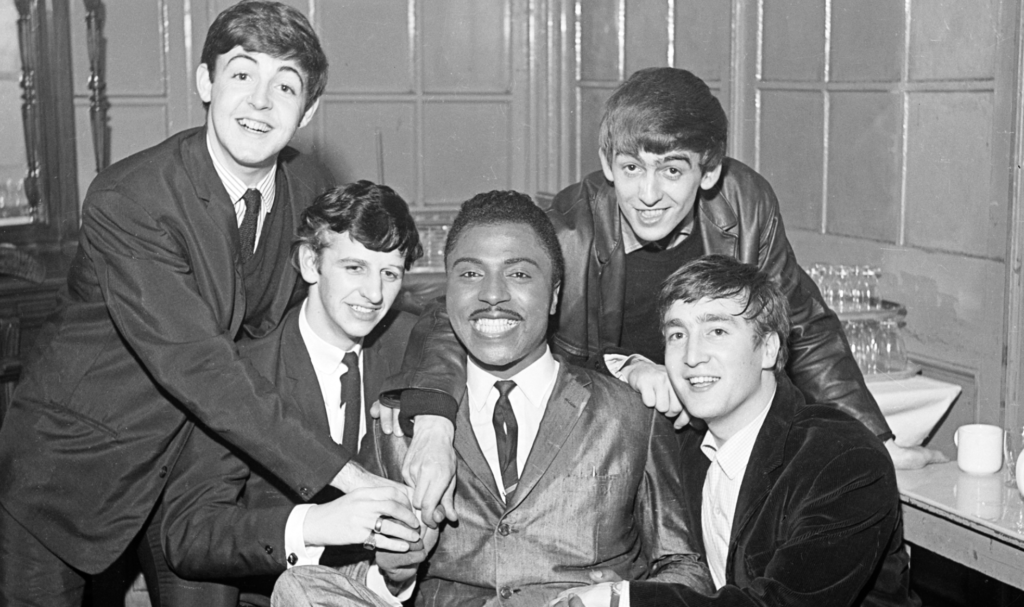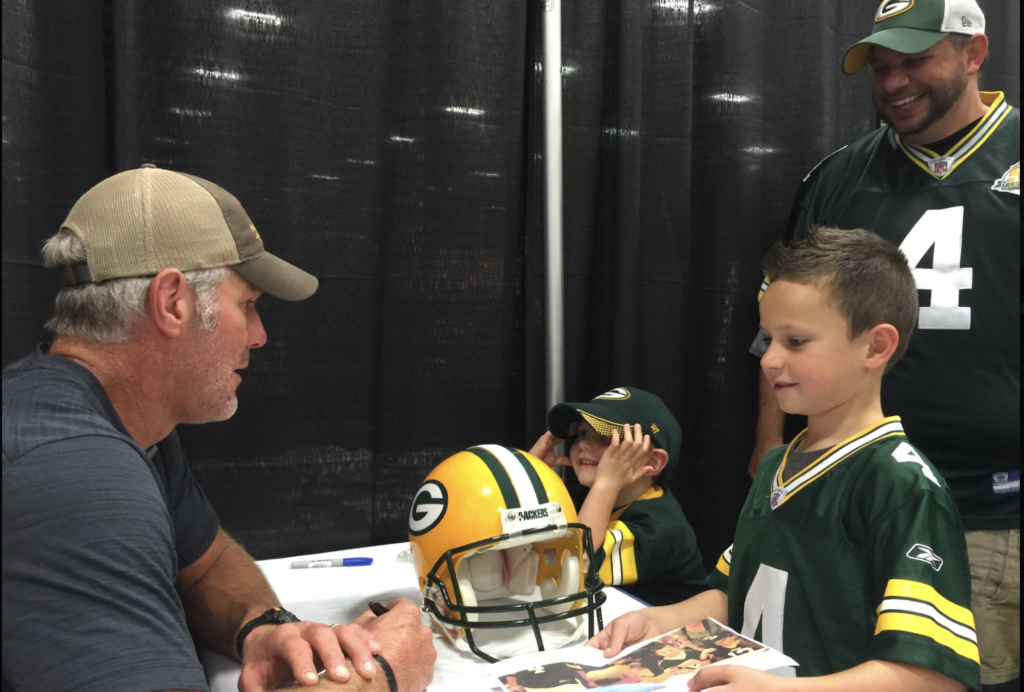Rock Legend Leonard Cohen Has Died
10 Nov, 2016
Leonard Cohen, the baritone-voiced Canadian singer-songwriter who seamlessly blended spirituality and sexuality in songs like “Hallelujah,” ”Suzanne” and “Bird on a Wire,” has died at age 82, his son said Thursday.
“My father passed away peacefully at his home in Los Angeles,” Adam Cohen said in a statement. “He was writing up until his last moments with his unique brand of humor.”
Cohen, also renowned as a poet, novelist and aspiring Zen monk, blended folk music with a darker, sexual edge that won him fans around the world and among fellow musicians like Bob Dylan and R.E.M.
He remained wildly popular into his 80s, when his deep voice plunged to seriously gravelly depths. He toured as recently as earlier this year and released a new album, “You Want it Darker,” just last month. Adam Cohen said his father died with the knowledge that he’d made one of his greatest records.
Cohen’s “Hallelujah” went from cult hit to modern standard, now an unending staple on movies, TV shows, YouTube videos, reality shows and high school choir concerts.
Cohen, who once said he got into music because he couldn’t make a living as a poet, rose to prominence during the folk music revival of the 1960s. During those years, he traveled the folk circuit with younger artists like Dylan, Joni Mitchell, Joan Baez and others.
The Montreal-born Cohen never seemed quite as comfortable on stage, however, and he chalked it up in part to being the old man among the group. “I was at least 10 years older than the rest of them,” he told Magazine, a supplement to the Spanish newspaper El Mundo, in 2001.
It was Dylan who first recognized the potential of 1984’s “Hallelujah, performing it twice in concert during the mid-1980s, once in Cohen’s native Canada.
It had gone unnoticed when it came out on an independent-label album that had been rejected by Cohen’s label. He had filled a notebook with some 80 verses before recording the song, which he said despite its religious references to David, Bathseba and Samson was an attempt to give a nonreligious context to hallelujah, an expression of praise.
Cohen was inducted into the Rock and Roll Hall of Fame in 2008, telling the audience: “This is a very unlikely occasion for me. It is not a distinction that I coveted or even dared dream about.”
He was attending McGill University when his poetry book, “Let Us Compare Mythologies,” was published in 1956 to critical acclaim. It was followed by “The Spice-Box of Earth” in 1961. His first novel, “The Favourite Game,” came out in 1963.
He published several more poetry collections while living on the Greek island of Hydra in the 1960s and began to get wide notice with his experimental novel “Beautiful Losers” in 1966 and his first album, “Songs of Leonard Cohen,” in 1968.
“Leonard Cohen seems on the verge of becoming a major spokesman for the aging pilgrims of his generation,” The New York Times wrote in 1968. He told the Times interviewer: “I don’t even think of myself as a writer, singer or whatever. The occupation of being a man is so much more.”
In all, he published more than a dozen novels and books of poetry and recorded nearly two dozen albums.
Born to a Jewish family, Cohen considered himself both a Jew and a Buddhist.
Cohen never married but he had two children, Adam and Lorca, with artist Suzanne Elrod.
He never won a Grammy, but he won countless other awards, including being named a companion of the Order of Canada in 1991, his native country’s highest civilian honor.
“No other artist’s music felt or sounded like Leonard Cohen’s,” Canadian Prime Minister Justin Trudeau said in a statement Thursday. “Yet his work resonated across generations. Canada and the world will miss him.”
One of Cohen’s most beloved hits was 1967’s “So Long Marianne,” written for former girlfriend and longtime friend Marianne Ihlen, who also inspired his song “Hey, That’s No Way to Say Goodbye.”
In late July of this year, Cohen received an email from a friend of Ihlen’s that she was suffering from cancer, the New Yorker reported last month. Cohen wrote her a letter that read:
“Well Marianne, it’s come to this time when we are really so old and our bodies are falling apart and I think I will follow you very soon. Know that I am so close behind you that if you stretch out your hand, I think you can reach mine.”
Ihlen received the letter two days before her death.
AP
Image ETCanada Twitter
Mentioned In This Post:



















